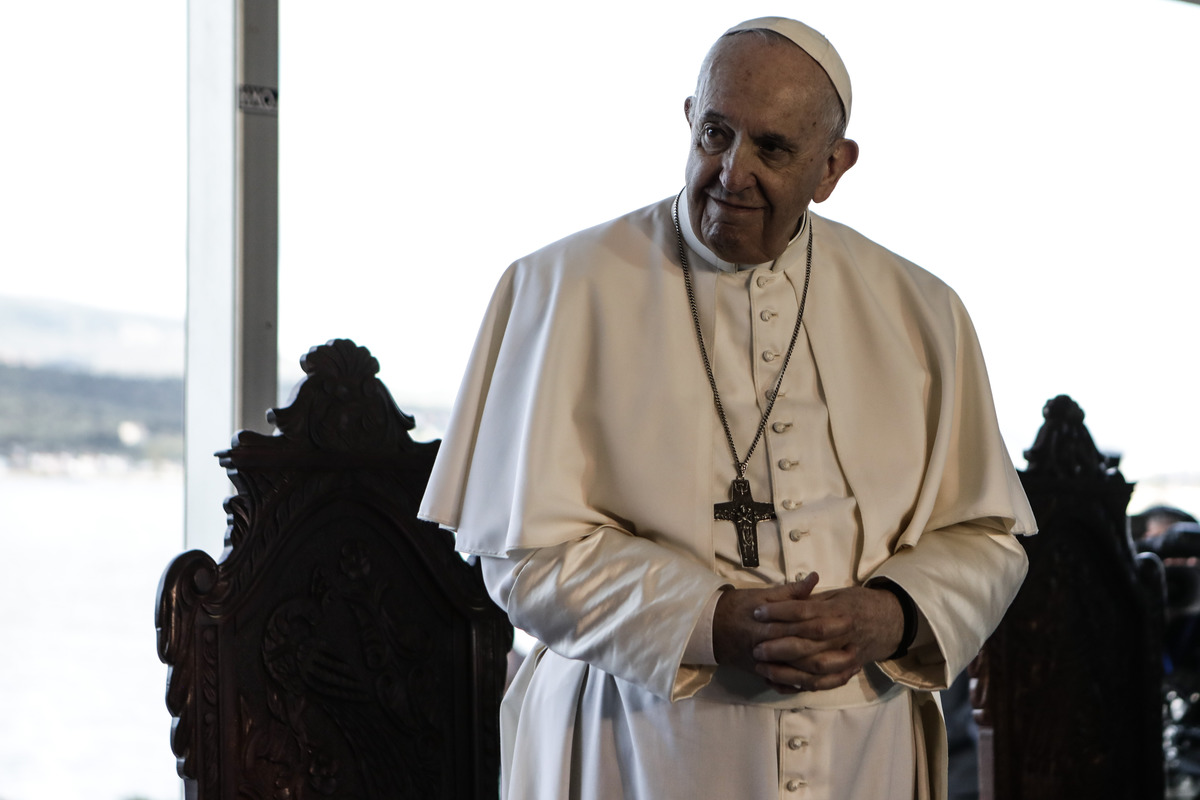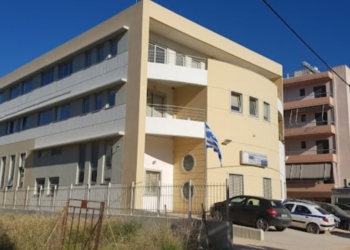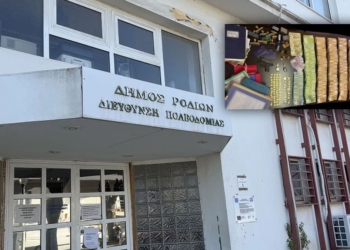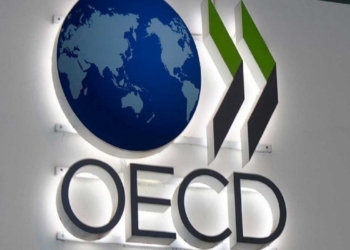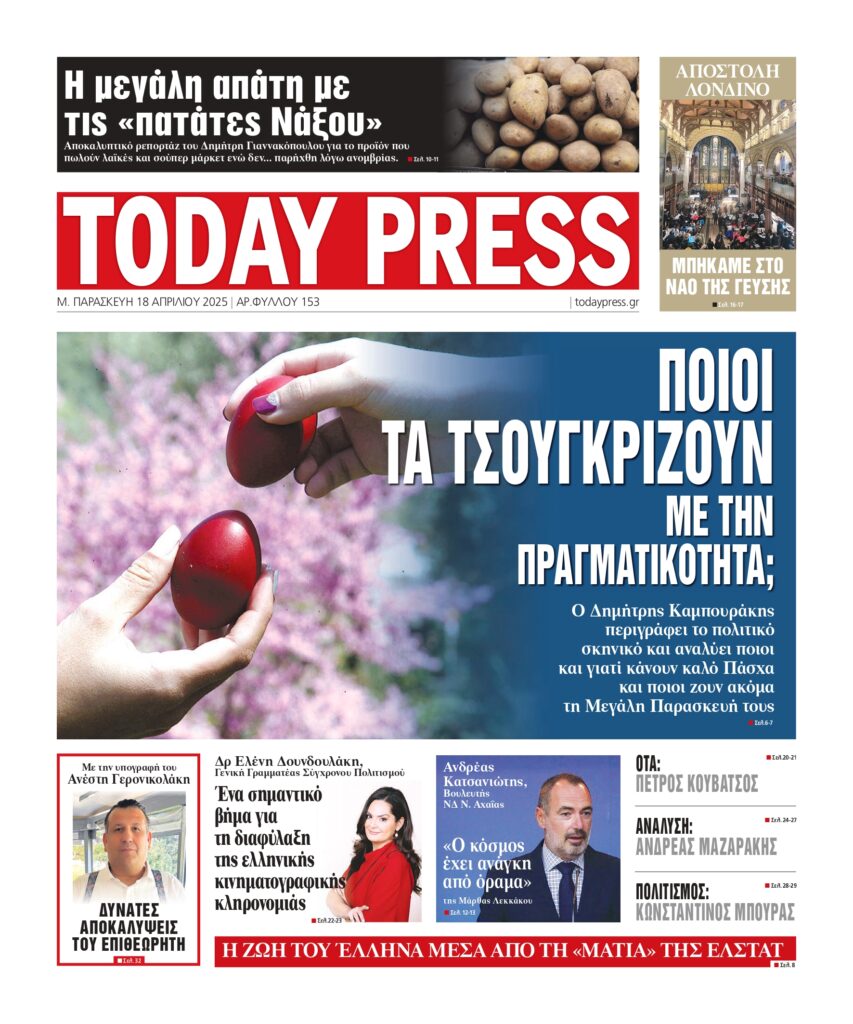As the cardinals gather in the Sistine Chapel to choose the next Pope, another “conclave” is unfolding online. This time, instead of prayers and incense, internet users are offering bets and predictions. Through platforms like Polymarket, people from around the world are betting on who will ascend to the papacy.
Bets and Odds: A New Form of “Religious Gambling”
According to the data, bettors have wagered more than $6 million on Polymarket to predict who the next Pope will be. Italian Cardinal Pietro Parolin is currently the favorite, with a 37% chance, followed by Filipino Cardinal Luis Tagle with 32%. Tagle is often referred to as the “Little Francis” due to his mild manner and commitment to a more inclusive church.
However, the betting doesn’t just stop at the cardinals’ names. There are even stranger predictions, such as how long it will take the conclave to produce white smoke or what age the new Pope will be. Even the continent of origin of the Pope is a betting topic, with Europe being the most likely (61%), followed by Asia (22%) and Africa (13%).
Provocative Predictions and the Ethical Dimension
In addition to traditional categories of betting, there are more provocative questions regarding the personal identity of the new Pope: “Will he be Black?” “Will he be gay?” Despite strong reactions on social media, such predictions continue to circulate, creating a controversial atmosphere surrounding the betting process. Some critics argue that these questions intensify the fascist aspect of betting and the social pressure surrounding the papal election.
The Growing Popularity of Polymarket
The Polymarket platform, which has found supporters such as Elon Musk and Donald Trump, has raised serious concerns about the accuracy and transparency of its bets, especially when compared to traditional polling methods. Despite interventions by U.S. authorities during the 2024 presidential election, the platform continues to operate, though in certain countries, such as France, access to such services is restricted.
A Historic Phenomenon with Modern Technology
Betting on the election of the Pope is not a new phenomenon. Since the 16th century, Roman nobles have placed bets on the outcome of the conclave. However, today’s version of “religious gambling” is technologically advanced, relying on big data and real-time information. Bettors follow every rumor, estimate, and statistic related to the candidates.
The Future of Betting and the Role of Faith
The election of the new Pope is no longer just a religious event; it has evolved into a cultural phenomenon, blending faith and digital culture. The intersection between the Church and modern betting reveals a new trend, where even the most sacred processes become the subject of global gambling.


